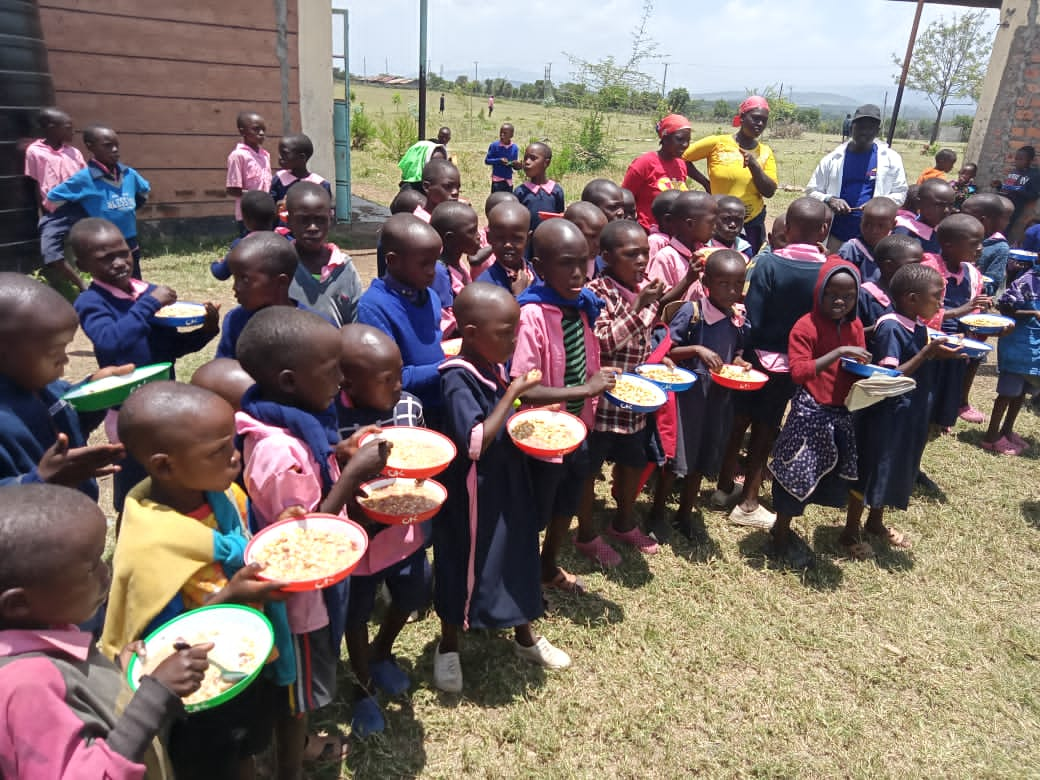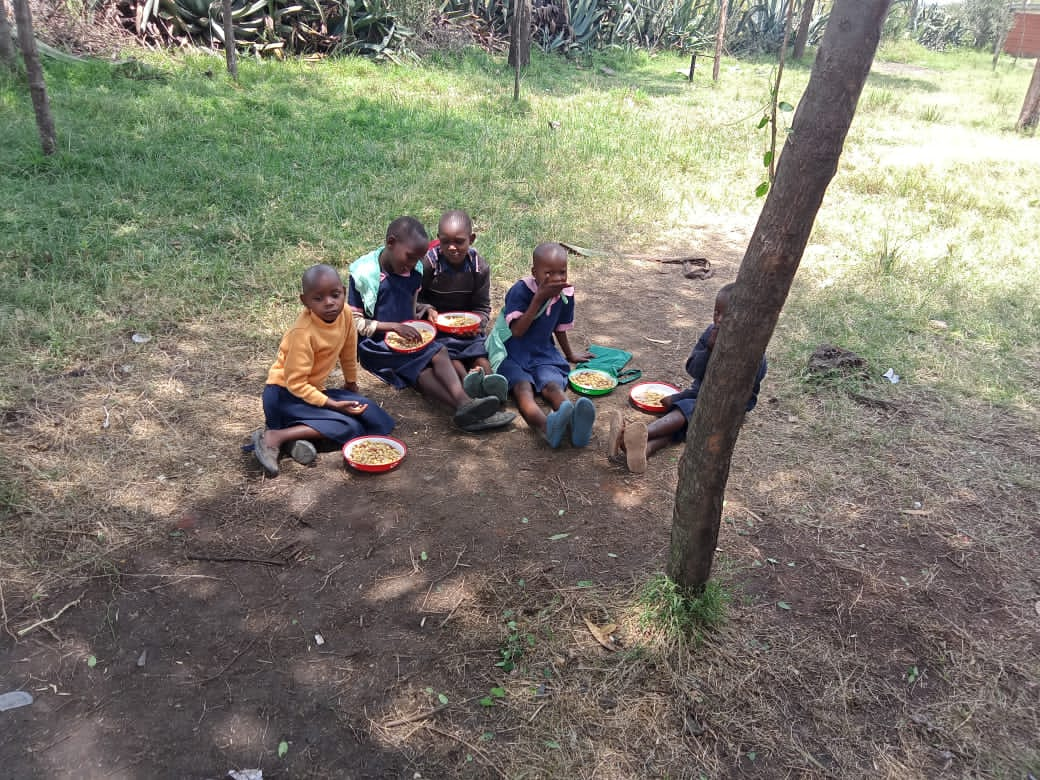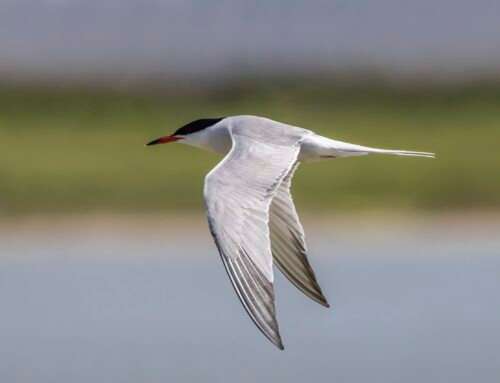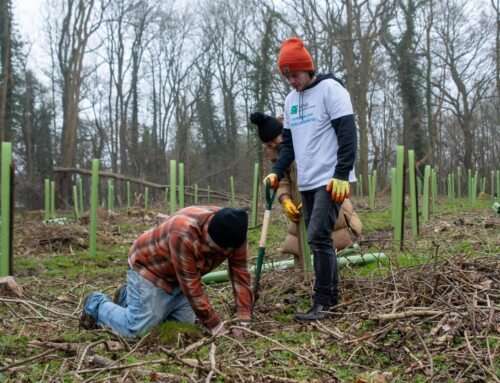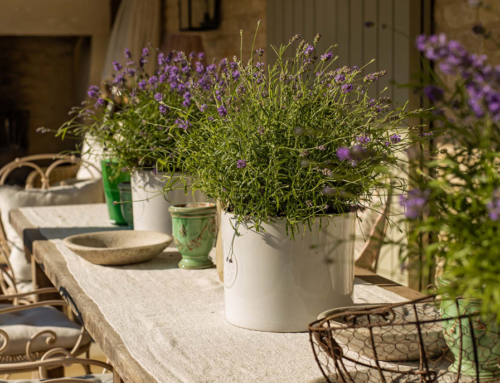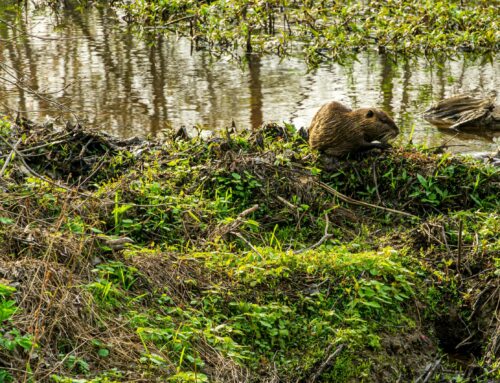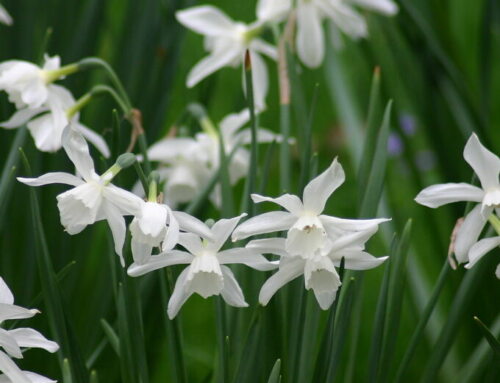Trees in The Wild
Nicholsons are very active in supporting The Trees in The Wild program, based in the Maasai Mara region of Kenya. The programme forms part of the Enonkishu Conservancy, whose vision is one of culturally relevant and community-led conservation. Trees in the Wild is an ecological restoration project aimed at restoring degraded land within the Enonkishu Conservancy and beyond. The initiative aims to produce 1 million seedlings throughout the first 10 years, supporting the local community and preserving biodiversity in an area that has been badly affected by deforestation.
Through current efforts, some successful ecological restoration has already taken place in various areas of Enonkishu. In January 2018, a small team of Nicholsons employees visited the area, working with locals to setup the project by building a tree nursery and fencing around it. This tree nursery was named The Wild Shamba nursery and will prove to be a key resource for three individual projects being carried out as part of Trees in The Wild. It is staffed and managed solely by women who are employed by the Women’s Project – a socio-economic empowerment initiative for women in the surrounding community.
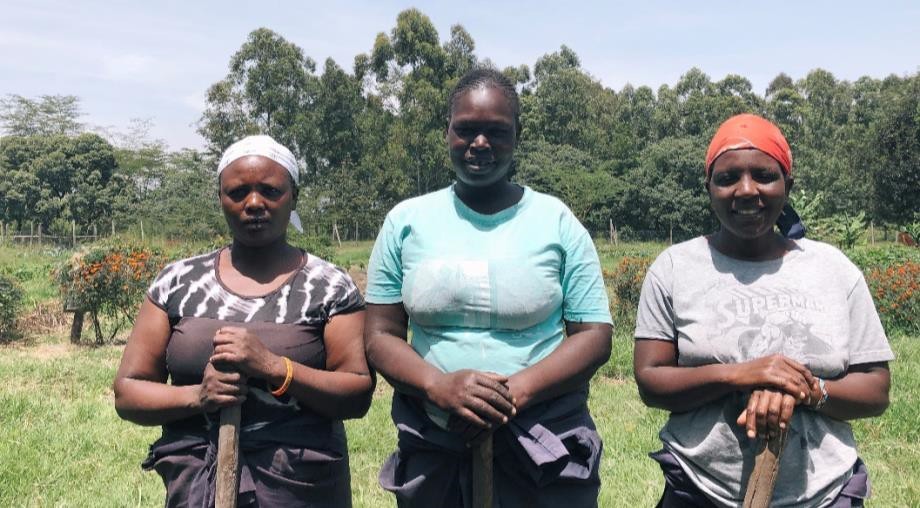
Three of the four women who are currently employed in the Wild Shamba.
The Riverine Tree Project
The Riverine Project is a reforestation and community involvement project that is currently underway to restore degraded land along the Mara River.
The project aims to:
- Restore and protect the Mara river bank from bank erosion.
- Reduce human-wildlife conflict by creating a tree buffer which protects the community’s crops from hippos, and in turn, protects the hippos from human retaliation. Access for livestock to reach the river has been factored in and will be designed with the community.
- Reforest previously degraded areas of the riverbank, providing greater biodiversity, carbon sequestration, increased bank stability and decreased run-off.
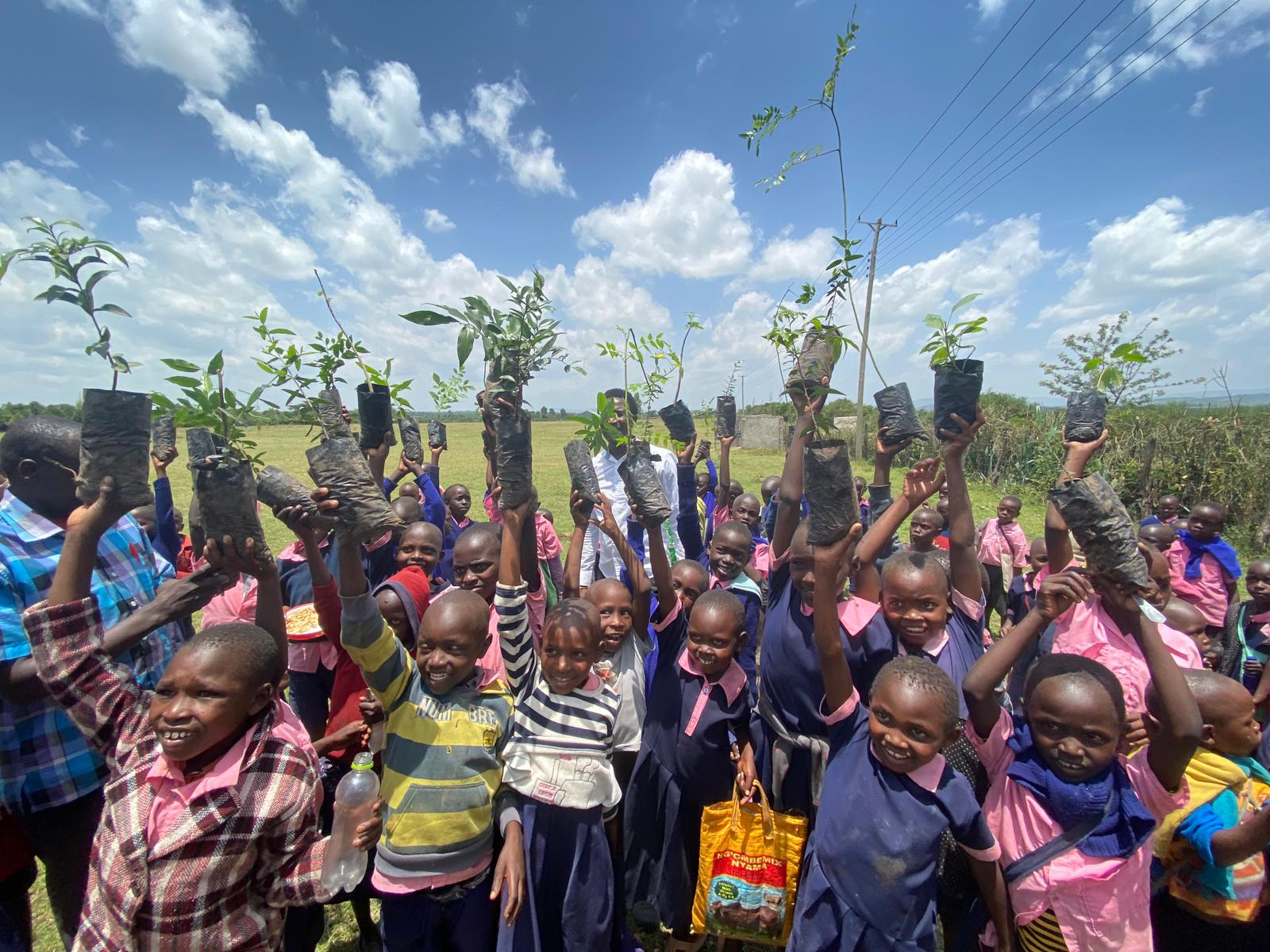
Nicholsons efforts of free school meals!
During the pandemic, travel restrictions mean it has not been possible to visit the Mara region. As a consequence, the area’s economy has suffered greatly due to a lack of tourism. Despite not being able to travel in person, we have tried to help in whatever way we can. The community primary school, Ol Meoshi, was particularly affected and was struggling to provide school lunches for their 600 pupils. Thanks to our chef’s exquisite cakes and the generosity of our customers, we were able to raise enough money to feed 600 children for a term through our various Cake fundraisers.
In reality, this is possible through the hard work of the whole of the Nicholsons Team where we have kept working outside during the pandemic, and have been able to support less fortunate communities as a result.
Over the years, we will continue to support the project remotely, and also looking to continue annual projects for Nicholsons staff. This will not only help the staff engage in the project and help in its delivery but will also give those team members an opportunity to see another country and culture. We are determined that this will be a long-term project and that we will be able to see lasting progress.
